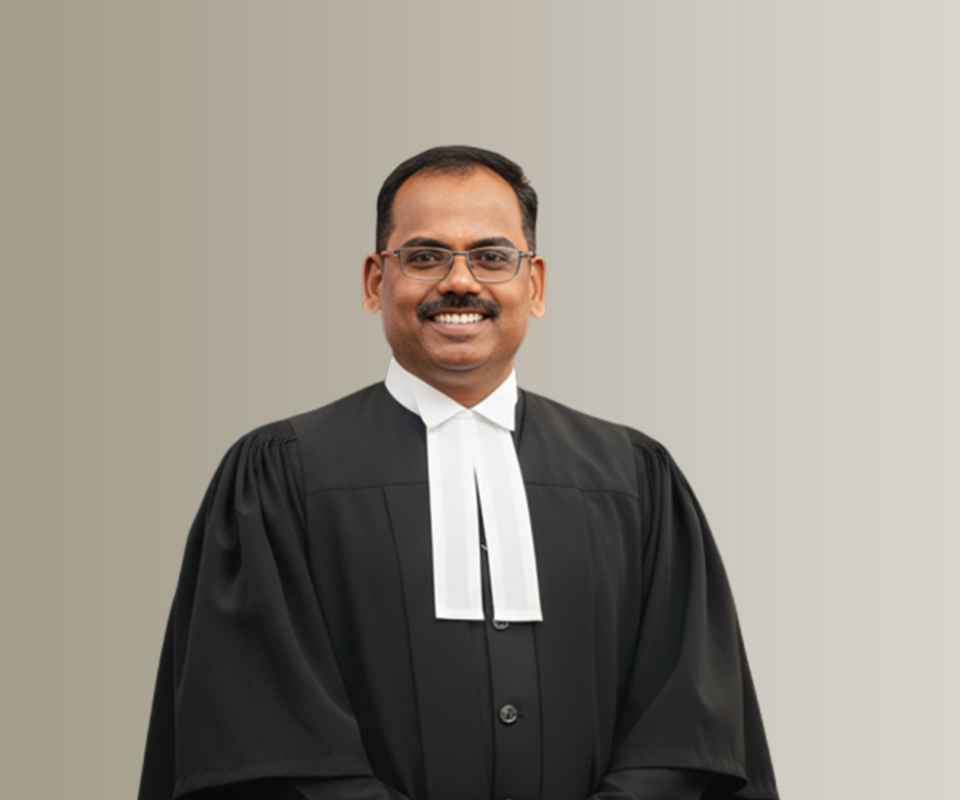Answer By law4u team
In a medical negligence case in India, a patient or their legal representative can claim various types of damages. Here are some common types of damages that can be claimed in a medical negligence case: Compensation for medical expenses: This includes reimbursement for medical expenses incurred as a result of the medical negligence, including hospitalization costs, medication costs, and costs of any additional treatment required. Compensation for loss of income: If the patient is unable to work as a result of the medical negligence, they may be entitled to compensation for loss of income. Compensation for pain and suffering: This includes compensation for physical pain, mental suffering, and emotional distress caused by the medical negligence. Compensation for disability: If the medical negligence resulted in a disability or permanent impairment, the patient may be entitled to compensation for the loss of earning capacity and the cost of any future care required. Punitive damages: In rare cases, punitive damages may be awarded as a punishment to the medical professional or hospital for their gross negligence or willful misconduct. It's important to note that the types of damages that can be claimed in a medical negligence case may vary depending on the specific circumstances of the case and the laws and regulations in your state or region. Additionally, it's recommended to consult with a qualified lawyer who specializes in medical negligence cases to help determine the types of damages that can be claimed and calculate the appropriate amount of compensation.









